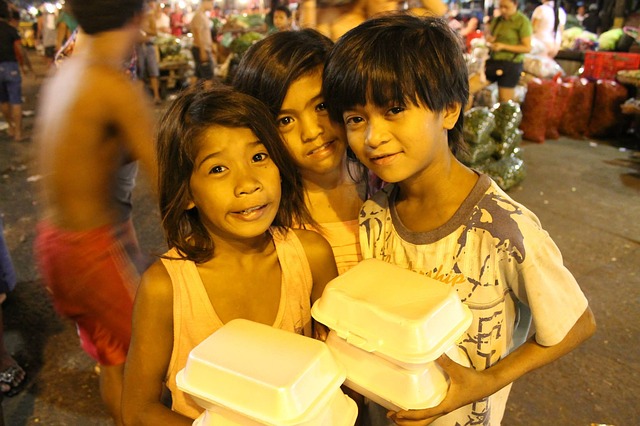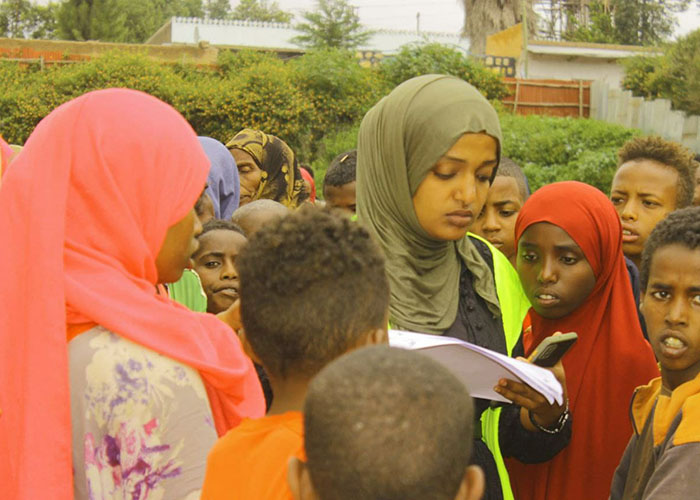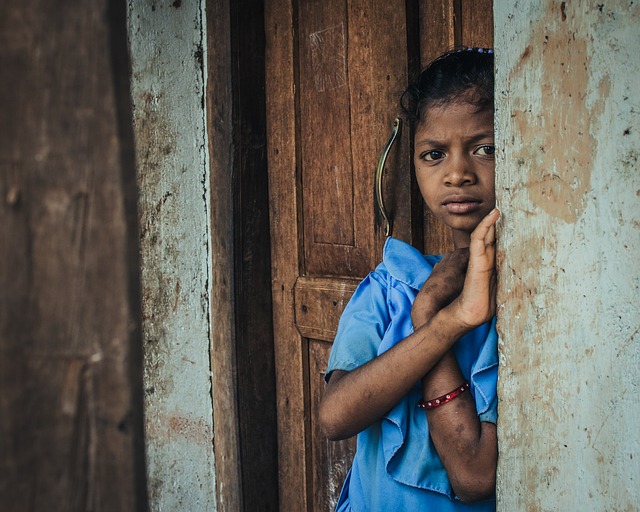Information About Food Security
Food security is having the physical and economic means necessary to access a healthy diet. Food security prevents families from going to sleep hungry or living in fear of hunger. Food insecurity generally arises from poverty and can seriously impact a family or community’s ability to develop in the long term. Prolonged malnutrition leads to cognitive impairment, stunted growth in children and also increases one’s susceptibility to disease.
Every single day, more than 800 million families go to bed without a meal. Most of them are small-scale farmers who depend on agriculture to feed their families. Investing in the growth of agriculture, especially in rural areas, is an effective way to alleviate poverty. With a fast-growing population, which is expected to hit 9 billion by 2050, investing in small-scale agriculture will increase food production and consequently mitigate food insecurity. Teaching small-scale farmers about productive methods of farming and assisting them to maximize produce using the land available will one day enable millions of families to put food on the table.
Many countries around the world are on the brink of famine. In 2017, for example, a famine was declared in South Sudan, which lasted several months. Countries like Yemen, Somalia, and Nigeria that have been wrecked by civil war are also on the brink of starvation. This is a human crisis of catastrophic proportions. At International Basic Aid, we focus on fighting hunger by helping people on the brink of famine access the nutrients they need to survive. We are committed to distributing food to vast populations around the world and providing digital cash cards to help combat the problem of food insecurity.
Read our other Blogs for updates







 by
by